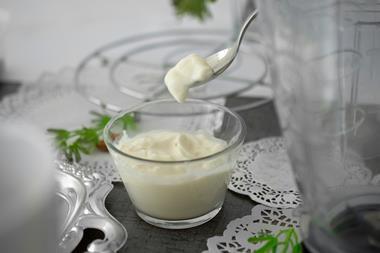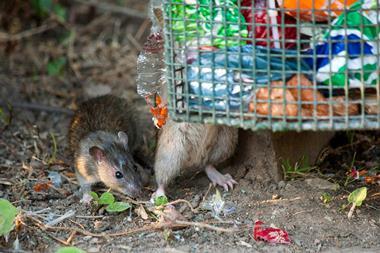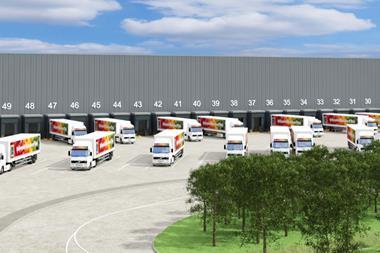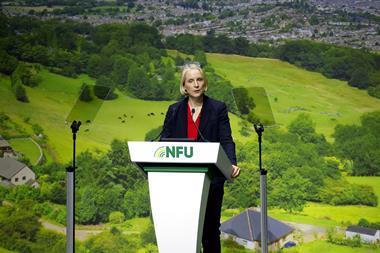Partners in Cheese formally announced at a meeting with local farmers last week that it intends to raise money to build a new mild Cheddar factory in Cumbria. But it revealed few firm details about the venture.
Apart from the £44m cost of the plant, the projected mild cheese price on which the venture is based - £2,100/tonne - was the only other figure cited; while two banks reportedly interested in investing were not named.
The Workington-based plant is the brainchild of chief executive Ronald Akkerman and chairman Bert Willigenburg, who was behind a E120m ‘dairy park’ northeast of Amsterdam.
The rationale for the plant is
cheaper transport costs. Cumbria has a 900 million litre milk field, 60% of which is exported out of the county, PiC claims. The factory could save around £9m a year in haulage, it says. However, the proposed plant is deemed by many farmers to be in the wrong place, as the site is 40 miles from a motorway. But it is rumoured that the site’s location attracts a £4m regional development grant, not available elsewhere.
Key products would be cheese portions and slices, grated and diced cheese, and whey and milk powders. It would make, mature, store and pack on one site, resulting in “economies of scale and cost leadership”, said PiC.
A prospectus would be launched once farmers had committed 150 million litres of milk a year. This is a tall order, say analysts. The meeting attracted fewer than 150 farmers - each of whom would need to commit 1m litres, assuming they have that much capacity.
PiC still has much to do to convince farmers and banks that the investment is viable, commentators say.
Chris Walkland
Apart from the £44m cost of the plant, the projected mild cheese price on which the venture is based - £2,100/tonne - was the only other figure cited; while two banks reportedly interested in investing were not named.
The Workington-based plant is the brainchild of chief executive Ronald Akkerman and chairman Bert Willigenburg, who was behind a E120m ‘dairy park’ northeast of Amsterdam.
The rationale for the plant is
cheaper transport costs. Cumbria has a 900 million litre milk field, 60% of which is exported out of the county, PiC claims. The factory could save around £9m a year in haulage, it says. However, the proposed plant is deemed by many farmers to be in the wrong place, as the site is 40 miles from a motorway. But it is rumoured that the site’s location attracts a £4m regional development grant, not available elsewhere.
Key products would be cheese portions and slices, grated and diced cheese, and whey and milk powders. It would make, mature, store and pack on one site, resulting in “economies of scale and cost leadership”, said PiC.
A prospectus would be launched once farmers had committed 150 million litres of milk a year. This is a tall order, say analysts. The meeting attracted fewer than 150 farmers - each of whom would need to commit 1m litres, assuming they have that much capacity.
PiC still has much to do to convince farmers and banks that the investment is viable, commentators say.
Chris Walkland


















No comments yet